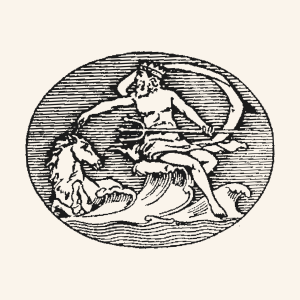Catholic altar wine replaced after becoming a favourite in Kenyan bars
The Catholic Church in Kenya has introduced a new brand of altar wine to restore the sanctity of Holy Communion after the previous version became widely available in bars and supermarkets. The new sacramental drink, simply named Mass Wine, bears the official coat of arms of the Kenya Conference of Catholic Bishops (KCCB) and an authenticated signature to confirm its legitimacy. According to Archbishop Anthony Muheria of Nyeri, the wine is not for commercial sale. “The newly approved wine is not for sale at any business outlet,” he told the BBC. “It is imported and owned by the KCCB and only distributed to the dioceses.”
The decision follows growing concern among clergy and worshippers that the old altar wine—distributed by a local alcohol manufacturer—had lost its sacred character due to its presence in liquor shops, hotels, and supermarkets. “It has become common that unfortunately, the former wine is readily available in secular outlets and bars,” Archbishop Muheria said, noting that such accessibility diminished its spiritual significance. After evaluating several options, the Church settled on a South African vintage as the new standard.
The new wine was officially unveiled during Kenya’s National Prayer Day at the Subukia National Marian Shrine in Nakuru, where thousands of worshippers attended. “This is the only wine that will be used in Mass celebrations across the country going forward,” announced Archbishop Maurice Muhatia Makumba, chairman of the KCCB, as he presented a bottle of the new wine. He directed all parishes to immediately stop using the old brand and adhere strictly to new distribution and storage guidelines. Archbishop Muheria added that this move would “assure purity from source.”
In Catholic tradition, wine symbolizes the blood of Jesus Christ and is typically consumed by the priest during Mass, though it may occasionally be shared with the congregation. Canon Law regulates the composition of altar wine, ensuring it is made from pure grape juice without additives. “Vigilance on the quality and standards of the wine and hosts used in the Mass is given to the Catholic bishops of the country,” Muheria explained. “This is reviewed from time to time.”
The label on the new wine features the phrase, “The fruit of the vine and the work of human hands will become our cup of joy,” underscoring its spiritual purpose. Many parishioners have welcomed the change, viewing it as a necessary measure to protect the sanctity of the Eucharist. “It is a valid step toward preserving the sacredness of the Eucharist and ensuring that only properly prepared wine is used for Mass,” one Catholic told the BBC.
Known locally as divai, altar wine is consumed in varying amounts depending on the liturgical season, with demand peaking during major religious events such as Easter and Christmas. With over 10 million Catholics—about 20% of Kenya’s 50 million people—the new policy marks a significant step in safeguarding one of the Church’s most sacred traditions. By introducing Mass Wine, the Catholic Church in Kenya aims to reaffirm the holiness of the Eucharist and ensure that what belongs at the altar remains solely for the altar.


